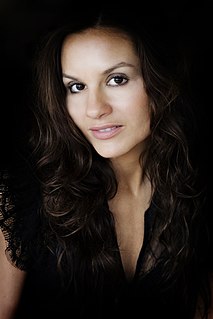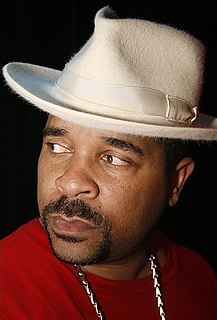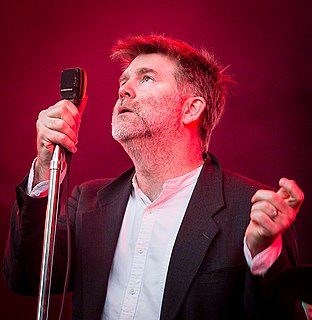A Quote by Kara DioGuardi
I don't go to record stores to look at my albums, but it's always a thrill to see them.
Related Quotes
My music has always been sort of in-between categories. Sometimes record stores - back when there were record stores - they'd put my records in the country music section, but other record stores would put my records in the pop or even the rock section. As long as it's in the store somewhere, I'm OK with it.
My music has always been sort of in between categories. Sometimes record stores - back when there were record stores - they'd put my records in the country music section, but other record stores would put my records in the pop or even the rock section. As long as it's in the store somewhere, I'm OK with it.
Record stores are the hippest libraries. In these tired ole days of homogenized entertainment, where so much of the art of our society is culminated, dumbed-down and mass produced, there is a shining jewel in the rise of the indy record stores. Going to a record shop for me is like a little treasure hunt no one can take you on but yourself. It's fun to look around and see the other shoppers too...totally entrenched in their own adventure, anticipating the reward of heart wrenching, soul filling, joy making music that might just be a bin or a flip away.
Despite the fact that Starbucks has grown to be a large company. We've always played music in our stores and has always acted as an opportunity to create a mood in our stores. And customers started asking, "What song are you playing and can I buy that?" . And we said "No." And that was kind of the catalyst for beginning to look at music. We started out with our own compilations and after the success of that. We had the courage to say, "Let's produce our own record." and the first record was with Ray Charles before he unfortunately passed away.
Record stores are the backbone of the recorded music culture. It's where we go to network, browse around, and find new songs to love. The stores whose staff live for music have spread the word about exciting new things faster and with more essence than either radio or the press. Any artist that doesn't support the wonderful ma and pa record stores across America is contributing to our own extinction.
In the past, people were going to record stores and buying albums or CDs. And the label was exposing their artist as much as possible and maybe getting them picked up by a major. Now I tell people to cut a good tune and have it up in the marketplace the next day. You better be prepared to give it away, and people will come pay to see you.
Guy Picciotto had a really sound point: Live albums basically have bands playing songs that are available on studio records, and what example can you think of where the live album is better? What are the great live albums? I have live albums of bands, but I wouldn't listen to them for the most part. So we thought, instead of spending energy trying to puzzle out how to create a live record, let's just write another studio record.
Look, you see those groups talkin' about negativity and anger, and they'd do that for two albums, and then you'd see them change up. I knew they couldn't do a Kurt Cobain on their whole career. You can't stay like that all the time. It's like when Hammer tried to go gangster. You can't be something that you're not.



































